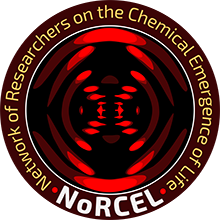We posed an extremely complex question: “Human Madness – What is it all about?
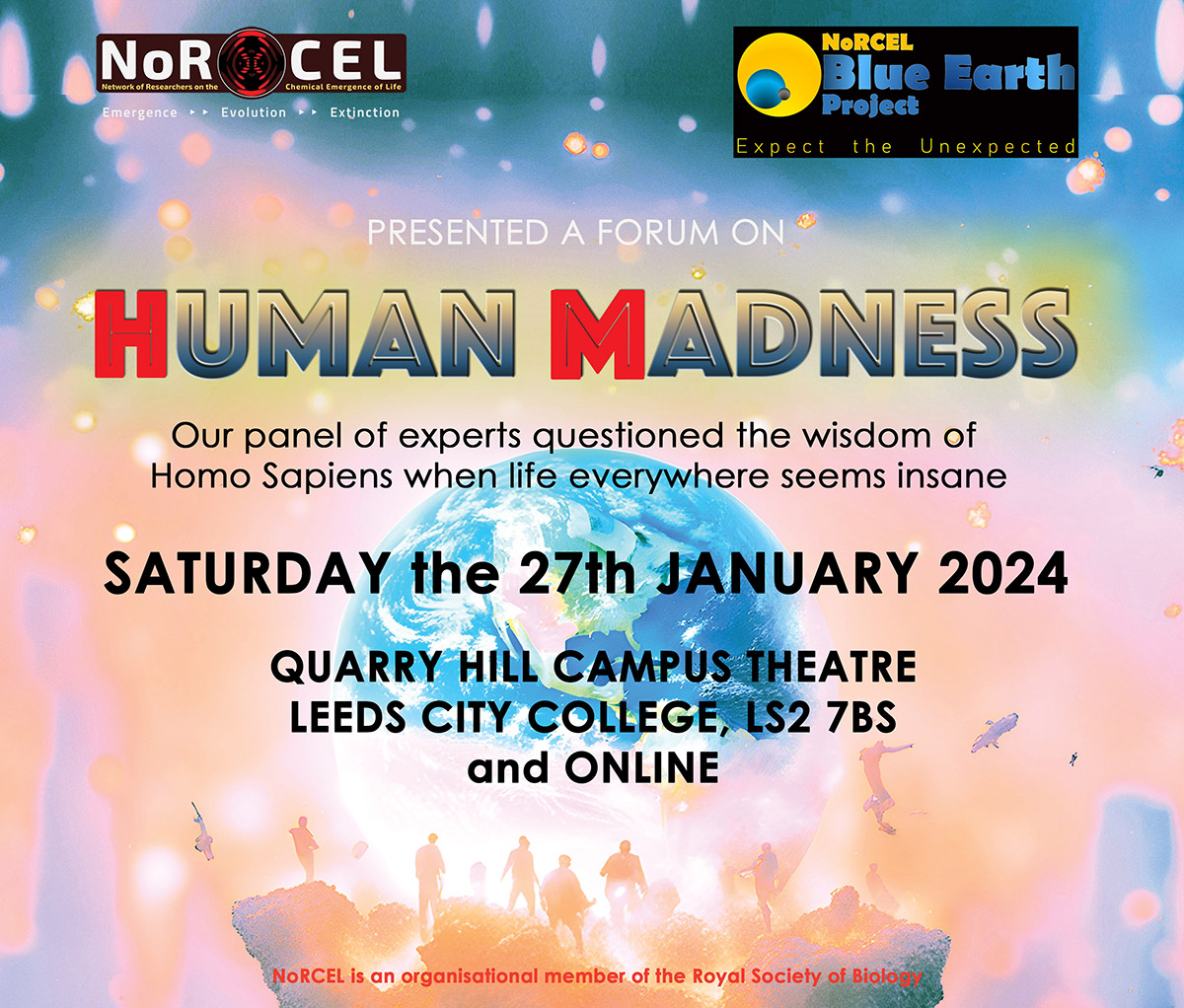
This panel discussion and forum questioned the wisdom of Homo Sapiens given the state of our planet today? This dystopian question was also formulated also from asking: “If the world around us now seems dangerously crazy, where does Human Madness lie on the spectrum of sanity?” NoRCEL’s panel of experts from around the globe presented their own thoughts and ideas on these issues, followed by open discussion with our audience. As usual, this was a free to attend event and open to all those with an interest in saving our planet from our “Homo Sapien” destructive tendencies.
Our panellists and their themes
 |
Robert Zubrin took a look at The Madness of Anti-Humanism, that is, the belief that humans are vermin consuming the world’s fixed resources. He outlined many reasons as to why we should reject the antihuman philosophy of the Merchants of Despair. | 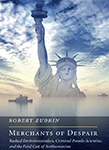 |
 |
In Morphed Humanity shaping a green future, Anicia Peters discussed some of the dilemmas around finding solutions to the urgency of the climate crisis and the shift towards a sustainable future, balanced against the navigation through the rise of artificial intelligence. A powerful force of immense potential, but with ethical concerns. | 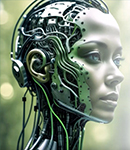 |
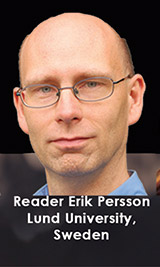 |
In his presentation: Human madness and the great filter, Erik Persson offered an explanation to the Fermi paradox. In that there is a particularly nasty threshold that tends to weed out all life forms and all civilisations before they get to the degree of technological ability that lets them colonise the Universe. Also asking – are we at a point where we are close to exterminating ourselves and maybe all other life on Earth? |  |
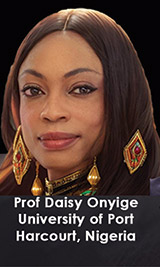 |
Chioma Daisy Onyige’s talk was entitled: The Climate Quandary: Unravelling the Threads of Collective ‘Madness’ in Our Response to Global Crisis. In this she focussed on navigating the thin line between rationality and ‘Madness’ in humanity’s response to climate change. She examined the pros and cons of sustainability and positive change, as against denial. |  |
 |
In asking the question: “What isn’t Life?”, Terry Kee examined human madness in relation to the terms of the understanding of our identity. Also looking into the reasons as to why life is such a hard concept to understand, he discussed implicit boundary conditions and posed a reformulation of the fundamental concept of what is life. | 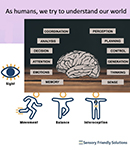 |



